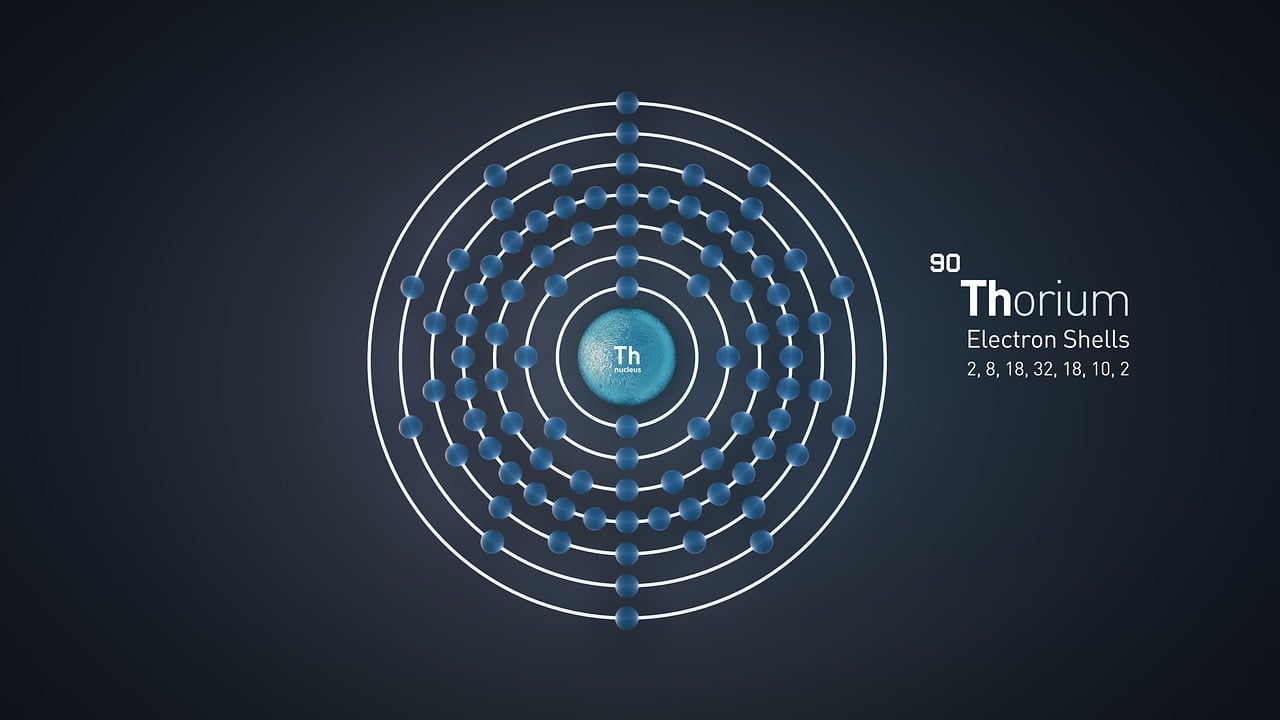Advantages of Thorium Reactors
- Abundant Supply – More widely available than uranium.
- Reduced Nuclear Waste – Produces less long-lived radioactive waste than uranium reactors.
- Enhanced Safety – Many proposed thorium reactors, especially molten salt reactors (MSRs), have inherent safety features, such as passive cooling and lower risk of meltdown.
- Non-Proliferation Potential – Thorium fuel cycles make it more difficult to produce weapons-grade materials compared to conventional uranium or plutonium reactors.
- Higher Efficiency – Can utilize more of the fuel’s energy potential than uranium-based reactors.
Challenges and Limitations
- Technology Maturity – While promising, thorium reactors are still in development, with only a few experimental reactors operating worldwide.
- Uranium-233 Handling – U-233 is highly radioactive and requires careful processing.
- High Initial Costs – Developing new reactor designs, such as molten salt reactors, requires significant investment.
- Lack of Established Infrastructure – Most existing nuclear power plants are optimized for uranium fuel cycles.
Current Global Efforts in Thorium Research
As of February 2025, thorium-based nuclear reactors are advancing through various research and development initiatives worldwide. Thorium, an abundant element, offers potential benefits for nuclear energy, including enhanced safety and reduced long-lived radioactive waste.
China: In June 2023, China issued an operating permit for an experimental molten salt thorium reactor located in the Gobi Desert. This reactor is currently undergoing testing to evaluate its performance and viability.
India: India has designed the Advanced Heavy Water Reactor (AHWR), a 300 MWe reactor utilizing thorium-plutonium or thorium-uranium-233 mixed oxide fuel. This reactor represents the final phase of India's three-stage nuclear energy program, aiming for self-sustaining uranium-233 production.
Denmark: Copenhagen Atomics, a Danish company, is developing mass-manufacturable molten salt reactors. In July 2024, they announced plans to conduct critical experiments at the Paul Scherrer Institute in Switzerland by 2026, marking a significant step toward practical thorium reactor applications.
Indonesia: The Indonesian Ministry of Energy and Mineral Resources has reviewed ThorCon's TMSR-500, a thorium molten salt reactor design. Studies indicate that constructing this reactor would comply with Indonesia's nuclear energy safety and performance regulations.
Netherlands: The Nuclear Research and Consultancy Group (NRG) in the Netherlands is conducting pioneering research by irradiating thorium in molten salt within their Petten high-flux reactor. These experiments are attracting international attention from developers of molten salt reactors.
While these developments are promising, thorium reactors are still primarily in the experimental and developmental stages. Challenges such as technological maturity, economic feasibility, and regulatory approval need to be addressed before thorium-based nuclear power can be widely commercialized.
For a more in-depth understanding, you might find this video informative: 
